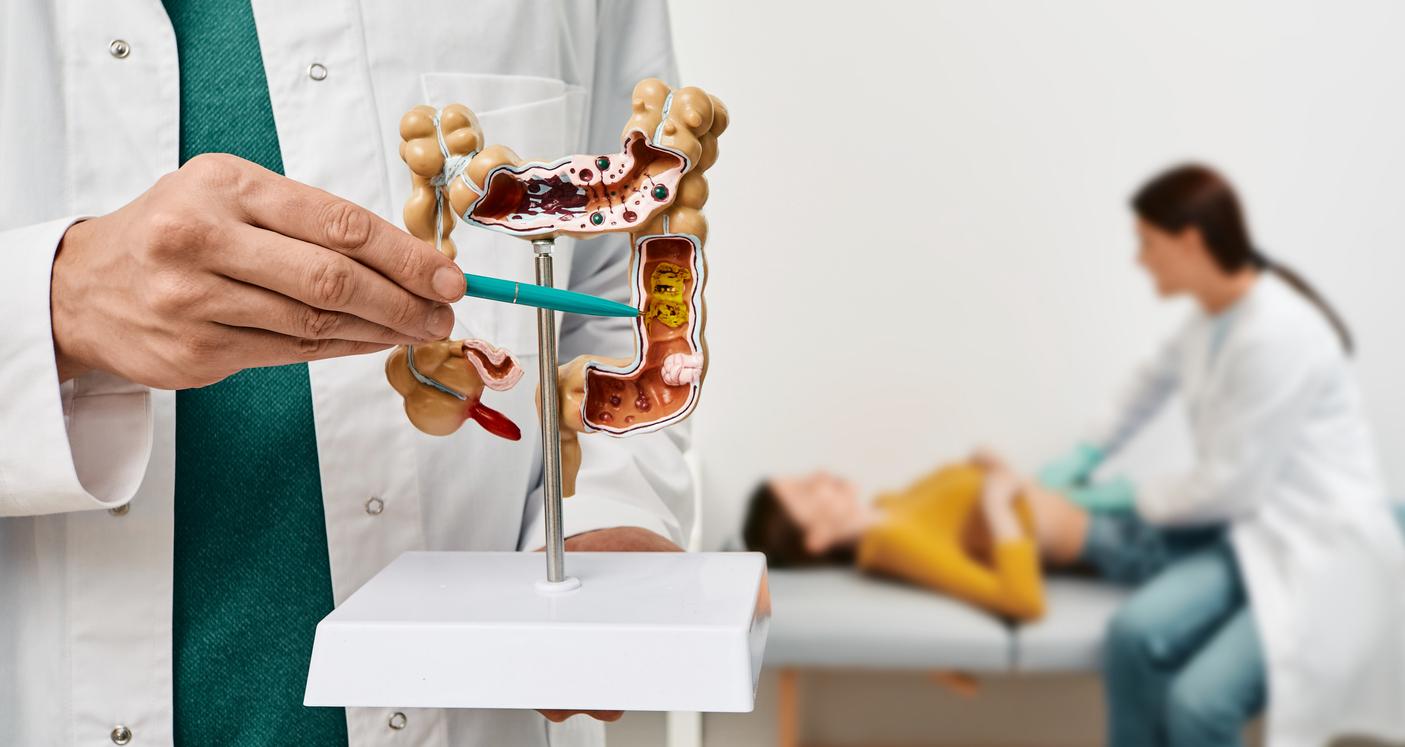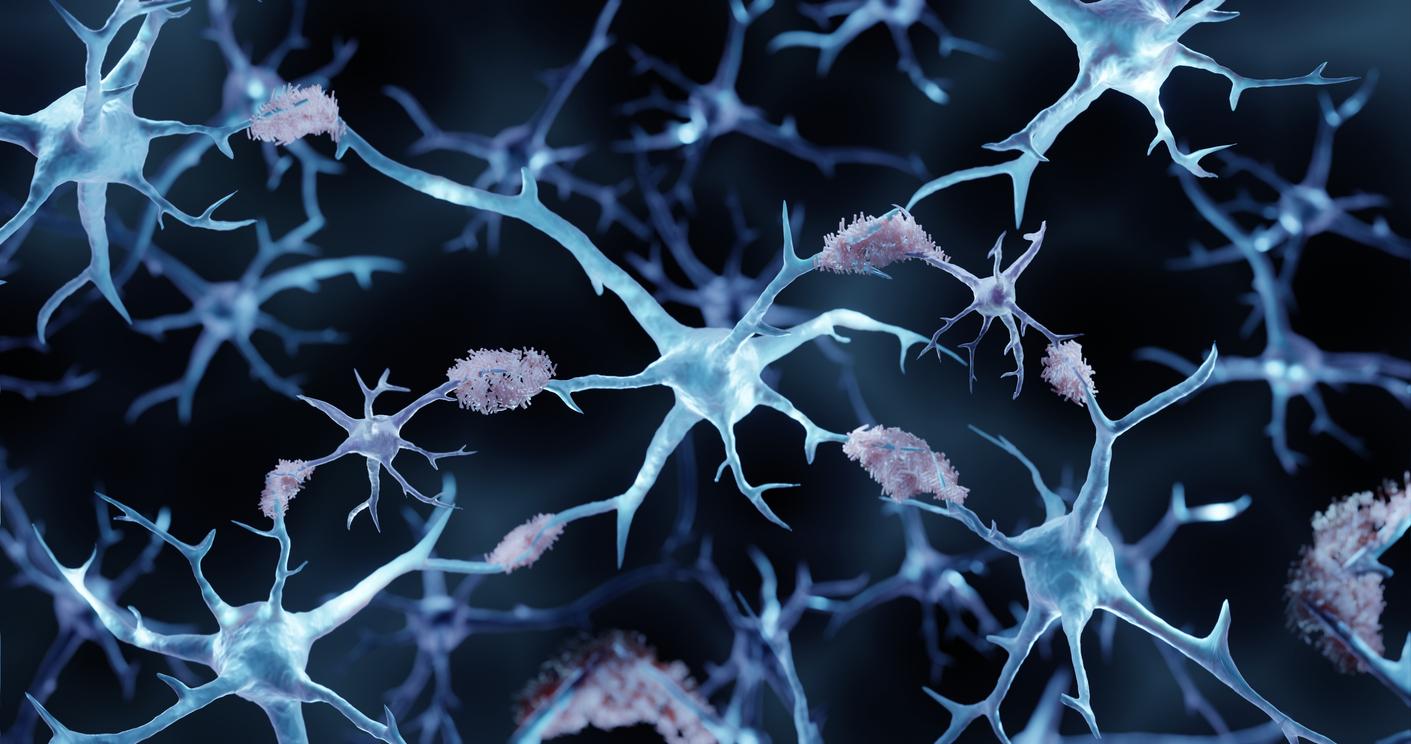New drugs have successfully treated heart failure in mice by correcting metabolic changes in diseased heart cells.

- Heart failure (HF) is a disease caused by the progressive inability of the heart muscle to perform its role as a pump to propel blood throughout the body, particularly during exercise. It affects 1.5 million people in France and, with a five-year survival rate of around 50%, it kills a patient every 7 minutes.
- Researchers have developed a new therapeutic approach that directly targets cells damaged by HF. The treatments correct metabolic changes in diseased heart cells that play a role in organ failure.
- The hearts of the treated rodents, although enlarged due to increased blood pressure, did not fail, unlike those of the untreated guinea pigs. “Drugs boosted metabolism to match hypertrophy [du muscle cardiaque]providing enough energy to the heart to maintain the extra effort and not give up,” according to the researchers.
Heart failure (HF) is a disease caused by the progressive inability of the heart muscle to perform its role as a pump to propel blood throughout the body, particularly during exercise. It affects 1.5 million people in France and, with a five-year survival rate of around 50%, it kills a patient every 7 minutes.
In search of new treatments, researchers from Baylor College of Medicine, in the United States, have just published in the journal Trafficthe promising results of a new therapeutic approach, successfully tested on rodents.
Correct metabolic changes in cells associated with heart failure
“Current drugs do not directly treat cells damaged by HF. Our goal was to correct the metabolic changes in diseased heart cells that play a role in organ failure.”explains Dr. Lilei Zhang, associate professor of genetics, in a communicated. Indeed, one of the characteristics of HF is that diseased heart cells express a different set of genes than those expressed by healthy cells. “These changes in gene expression alter cardiac fuel metabolism [glucose, acides gras…] and mitochondrial function [qui génèrent l’énergie dont les cellules ont besoin pour fonctionner]”specifies the geneticist.
The researchers’ goal was to change gene expression in the diseased heart so that it becomes healthier. To do this, they targeted estrogen receptors (ER) in mouse heart cells. Previous work has indeed shown that these ERs are involved in the regulation of cellular fuel and mitochondrial function, and therefore important for cardiac metabolism. “By stimulating ER activity, one could potentially improve the metabolism of the heart and, therefore, stop or reverse the progression of HF” : this was the scientists’ initial hypothesis.

Heart failure: rodent hearts resist thanks to new treatments
So the team tested two drugs that interact with ER in mice with chronic high blood pressure, a symptom that leads to heart failure in humans. And the results proved him right: the hearts of the treated rodents, although they had enlarged due to increased blood pressure, did not give out, unlike those of the untreated guinea pigs. “Drugs boosted metabolism to match hypertrophy [du muscle cardiaque]providing enough energy to the heart to maintain the extra effort and not give up”summarizes Professor Zhang.
“Our results show that a hypertrophic heart is not necessarily set for failure. If we improve metabolic functions, we reduce the risk of failure”concludes the researcher, who plans to continue clinical trials targeting ER to prolong the survival of heart failure patients, particularly those with cardiac hypertrophy.















